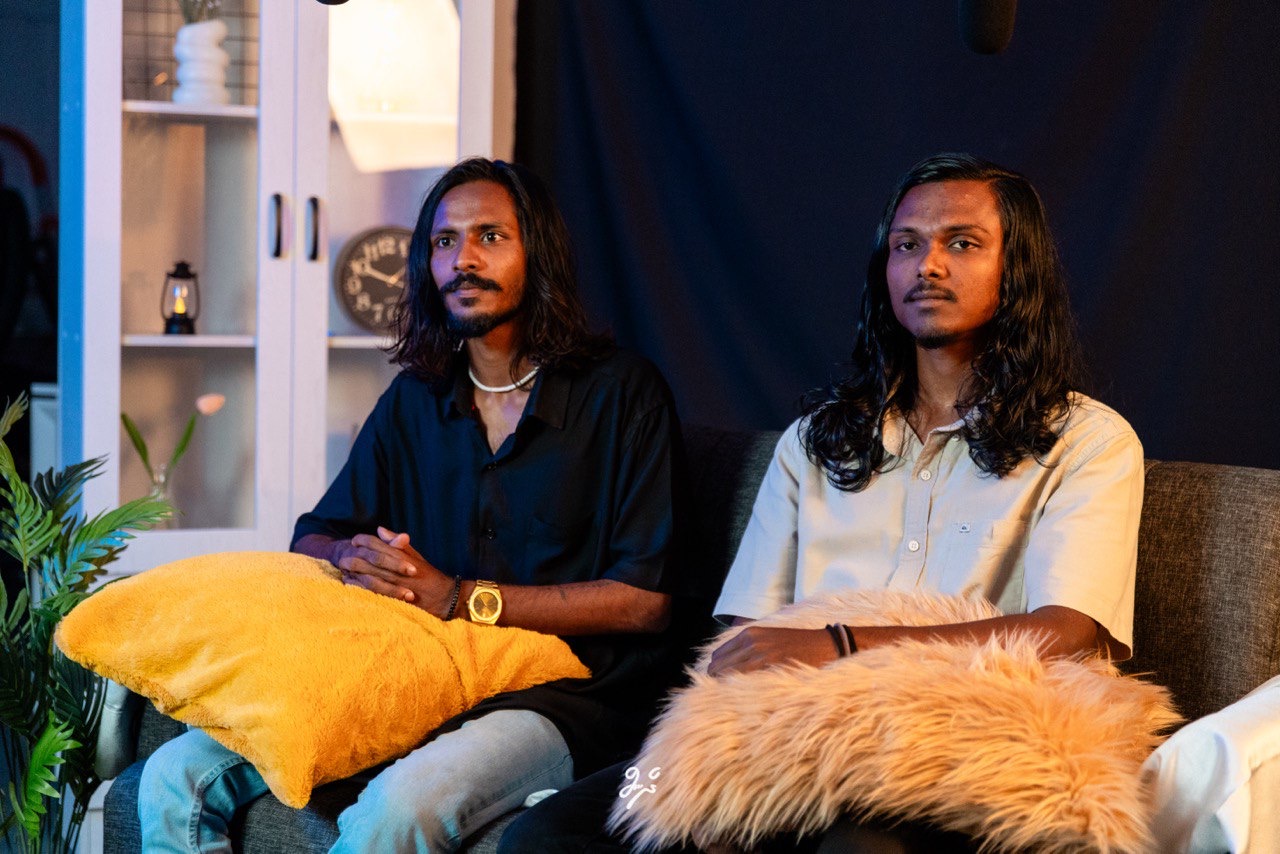
The rhythmic beat of the Boduberu drum, paired with the heartfelt singing and energetic dance moves, has long been a cherished cultural treasure of the Maldives. Among the numerous Boduberu groups in the country, the Ekathi Boduberu group stands out—not just for its traditional roots but for how it has grown into a national sensation. Starting from humble beginnings on N. Lhohi, Ekathi has become a symbol of Maldivian cultural revival.
From a Local Initiative to a National Presence
What began as a small gathering of Boduberu-enthusiastic youth in Lhohi has blossomed into a dynamic group of over 30 members. In 2017, a pivotal change occurred when some founding members relocated to Male’, opening the group to new talents from other islands.
The group’s lead vocalist, Nashiu Ismail, affectionately known as Nattu, credits their love for traditional Maldivian culture as the driving force behind Ekathi. “We wanted to preserve and promote the rich cultural roots of the Maldives, not just through music but also through traditional dance styles,” Nattu explains. The result? A fusion of historical authenticity and modern performance energy that resonates with audiences nationwide.
Original Creations: The Heartbeat of Ekathi
Unlike many groups that perform covers, Ekathi places a strong emphasis on original compositions. Their first video song, Goma, was a milestone, showcasing melodies and lyrics created entirely by group members.
Their Eid-al-Adha release, Enmmen, further solidified their reputation for originality, earning widespread acclaim. Now, the group is hard at work on an album of original songs, complete with videos, which Nattu promises will be released soon.
The Personal Journeys Behind Ekathi
Nattu: From Dancer to Lead Vocalist
Nattu’s rise as the lead vocalist of Ekathi is a tale of unexpected discovery. Initially joining as a dancer, he later transitioned to playing the drums for five years. His vocal talent was only uncovered when he casually picked up the microphone one day.
“When I started singing, I realized I could do this to some extent,” Nattu recalls. Today, his voice is the cornerstone of Ekathi’s performances.
Ajufaan: A Passion Passed Down by Family
For Ajufaan Ismail, Boduberu was a family affair. Growing up in M. Maduvvari, his father’s enthusiasm for Boduberusparked his own interest. Ajufaan’s first “drum” was a table, and his earliest performances were at school.
Despite facing setbacks—like being grounded by his younger brother—Ajufaan continued honing his craft. His bathroom performances eventually blossomed into live shows with Ekathi, earning him both his father’s support and a platform to showcase his talent.
Big Dreams and Cultural Ambitions
Both Nattu and Ajufaan share an ambitious vision: to bring Maldivian Boduberu to international stages. They dream of a day when they can share this cultural gem with global audiences.
Their weekly live shows, called Dhanberun, stream on TikTok, Instagram, and Facebook every Thursday night. These sessions are a way for Ekathi to connect with fans, showcase their progress, and keep the Boduberu spirit alive.
Why Ekathi Matters
Ekathi Boduberu group is more than a music band; it’s a movement to preserve and innovate Maldivian culture. Through original compositions, traditional dance, and an unwavering commitment to authenticity, the group is paving the way for a new generation of Boduberu enthusiasts.
Their journey from a small island to national acclaim is a testament to the power of passion and the importance of cultural heritage. With their sights set on international recognition, Ekathi continues to drum up excitement—and pride—for the Maldives.
